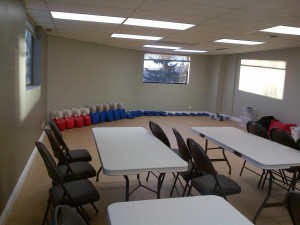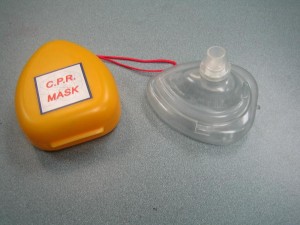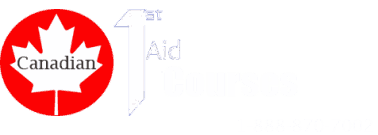Should I take ACLS or PALS training?

Both ACLS (Advanced Cardiac Life Support) and PALS (Pediatric Advanced Life Support) are Advanced Life Support classes. They both have the same curriculum structure and topics. However, they differ because ACLS is for the management of adult cardiac arrest cases while PALS is for the management of pediatric cardiac arrest cases. The term pediatric is defined as victims younger than age 17 but the PALS class focuses on young children – from infants to school-aged children. Giving CPR to infants is different from giving it to toddlers and very different from adults.
ALS courses focuses on the following topics regarding medical management:
- Basic chest compressions (use of backboards and step-stools)
- Rescue breaths given using a bag valve mask
- Assisting in intubating (endotracheal intubation)
- Defibrillation with an AED
- Medications given during cardiac arrest and post-cardiac arrest care
- Supportive equipment (mechanical ventilators)
- Diagnostic examinations (ECG)
Healthcare providers typically take the ACLS over PALS unless they work in a specialized area, such as a pediatric unit. The basic concepts are the same between adults and children victims but administering CPR between the two age groups is very different, particularly in the force and depth of compressions and the amount of electricity given to a victim during defibrillation. For infants, the chest is typically compressed by an inch to an inch and a half. Older children and adult chests are depressed by around 2 inches. Compression rates are the same, a cycle of 30 compressions followed by 2 rescue breaths, repeated until the arrival of medical help.
ACLS and PALS certification
Certificates are valid for two years before they have to be renewed. We require all rescuers who want to get re-certified for two more years to enroll in a re-certification class. Re-certification is offered for both ACLS and PALS but have different program lengths. ACLS re-certification is five to six hours long while PALS re-certification is six to eight hours long. The range in time depends on certain topics or stations that the trainee chooses or opts out of.
REMEMBER: Sign up for re-certification before your certificate expires. If it does and you haven’t signed up for re-certification, you will no longer be qualified to and have to take the longer, full training program instead.
Training at Portland CPR

At Portland CPR, you have choice between Basic Life Support and Advanced Life Support courses. ACLS and PALS are both ALS courses that take two days to complete. Here is a list of the courses that we offer through the week:
- Basic CPR training – general public course (4 hrs)
- Basic CPR training C – healthcare provider (4.5 hrs)
- Basic Life Support – healthcare provider (4.5 hrs)
- Basic Life Support re-certification – healthcare provider (4 hrs)
- Advanced Cardiac Life Support – healthcare provider (16 hrs)
- ACLS re-certification – healthcare provider (5-6 hrs)
- Pediatric Advanced Life Support – healthcare provider (14 hrs)
- PALS re-certification – healthcare provider (6-8 hrs)
